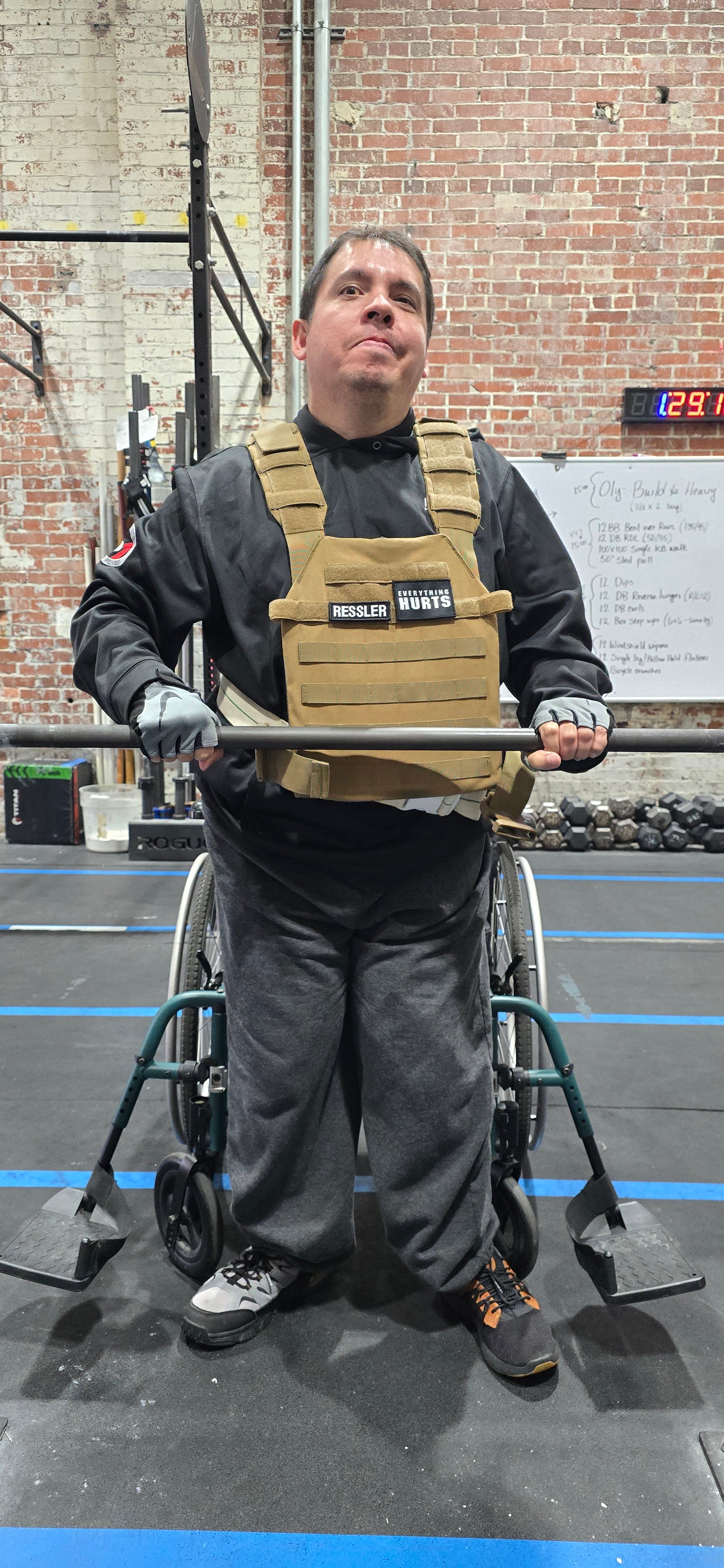
Easy Guide to Convert kg to lbs for Weightlifting and Powerlifting
Share
For strength athletes, whether you're weightlifting or powerlifting, understanding how to convert kilograms (kg) to pounds (lbs) is essential. This conversion is particularly important when you're following training programs or competing in events where weights are listed in different units. Fortunately, converting kg to lbs is a straightforward process that can help you stay on track with your training goals.
#### The Simple Conversion Formula
To convert kilograms to pounds, you can use the following formula:
**1 kg = 2.20462 lbs**
This means that to convert any weight in kilograms to pounds, you simply multiply the number of kilograms by 2.20462.
**For example:**
If you want to convert 100 kg to lbs:
100 kg × 2.20462 = 220.462 lbs
For a quicker reference, you can round it to 2.2 for easier mental calculations. So, 100 kg is approximately 220 lbs.
#### Quick Reference Chart
For those who prefer visual aids, here’s a quick reference chart for common weights:
- 50 kg = 110.23 lbs
- 60 kg = 132.28 lbs
- 70 kg = 154.32 lbs
- 80 kg = 176.37 lbs
- 90 kg = 198.41 lbs
- 100 kg = 220.46 lbs
Having this chart handy can make your training sessions more efficient, allowing you to focus on your lifts instead of calculations.
#### Using Conversion Tools
If you want to avoid manual calculations altogether, there are many online conversion tools and apps that can do the job for you. Just input the weight in kg, and it will instantly provide the equivalent in lbs. This can save you time and help you concentrate on your form and technique rather than conversions.
#### Para Powerlifting Insights
At DirectDepositME.com, we’re excited to share that we have new links providing more information on para powerlifting. Para powerlifting is an incredible sport that showcases the strength and determination of athletes with disabilities. Understanding the weight conversions is equally important in this field, ensuring all athletes compete on a level playing field.
Explore these new resources to learn more about para powerlifting, including training tips, athlete stories, and competition insights.
#### Conclusion
Converting kg to lbs doesn’t have to be a complicated process. With a simple formula, a quick reference chart, or an online converter, you can easily keep track of your weights in training or competition. Remember to check out our new links on para powerlifting at DirectDepositME.com to expand your knowledge and support all athletes in their strength journeys.
Happy lifting!
#### The Simple Conversion Formula
To convert kilograms to pounds, you can use the following formula:
**1 kg = 2.20462 lbs**
This means that to convert any weight in kilograms to pounds, you simply multiply the number of kilograms by 2.20462.
**For example:**
If you want to convert 100 kg to lbs:
100 kg × 2.20462 = 220.462 lbs
For a quicker reference, you can round it to 2.2 for easier mental calculations. So, 100 kg is approximately 220 lbs.
#### Quick Reference Chart
For those who prefer visual aids, here’s a quick reference chart for common weights:
- 50 kg = 110.23 lbs
- 60 kg = 132.28 lbs
- 70 kg = 154.32 lbs
- 80 kg = 176.37 lbs
- 90 kg = 198.41 lbs
- 100 kg = 220.46 lbs
Having this chart handy can make your training sessions more efficient, allowing you to focus on your lifts instead of calculations.
#### Using Conversion Tools
If you want to avoid manual calculations altogether, there are many online conversion tools and apps that can do the job for you. Just input the weight in kg, and it will instantly provide the equivalent in lbs. This can save you time and help you concentrate on your form and technique rather than conversions.
#### Para Powerlifting Insights
At DirectDepositME.com, we’re excited to share that we have new links providing more information on para powerlifting. Para powerlifting is an incredible sport that showcases the strength and determination of athletes with disabilities. Understanding the weight conversions is equally important in this field, ensuring all athletes compete on a level playing field.
Explore these new resources to learn more about para powerlifting, including training tips, athlete stories, and competition insights.
#### Conclusion
Converting kg to lbs doesn’t have to be a complicated process. With a simple formula, a quick reference chart, or an online converter, you can easily keep track of your weights in training or competition. Remember to check out our new links on para powerlifting at DirectDepositME.com to expand your knowledge and support all athletes in their strength journeys.
Happy lifting!
